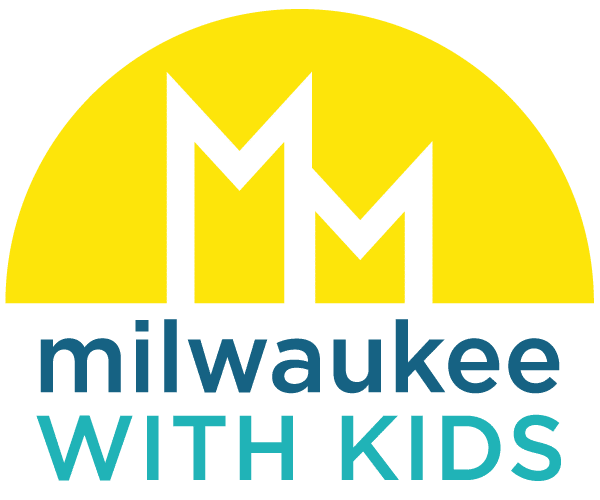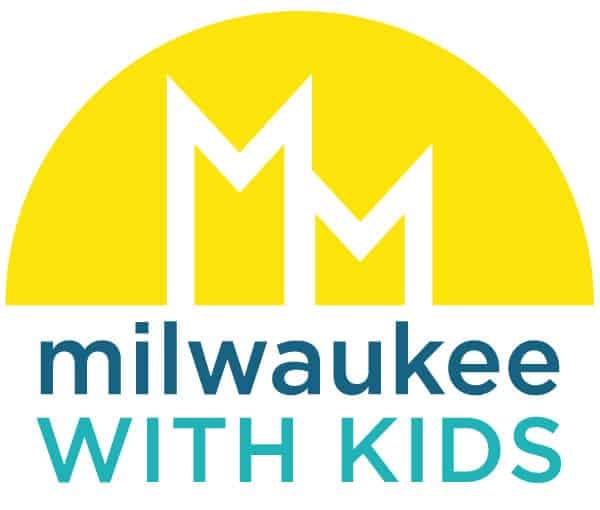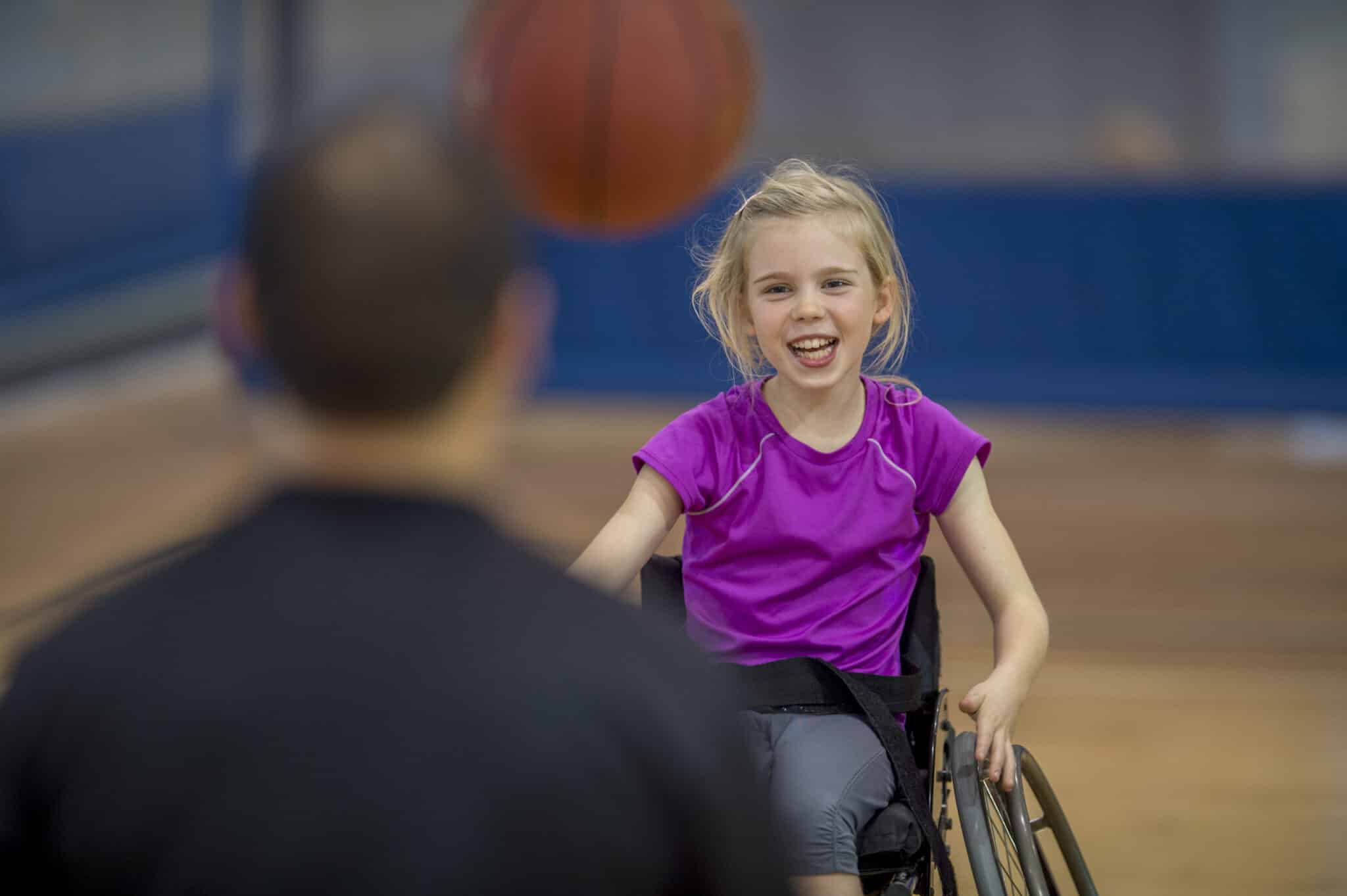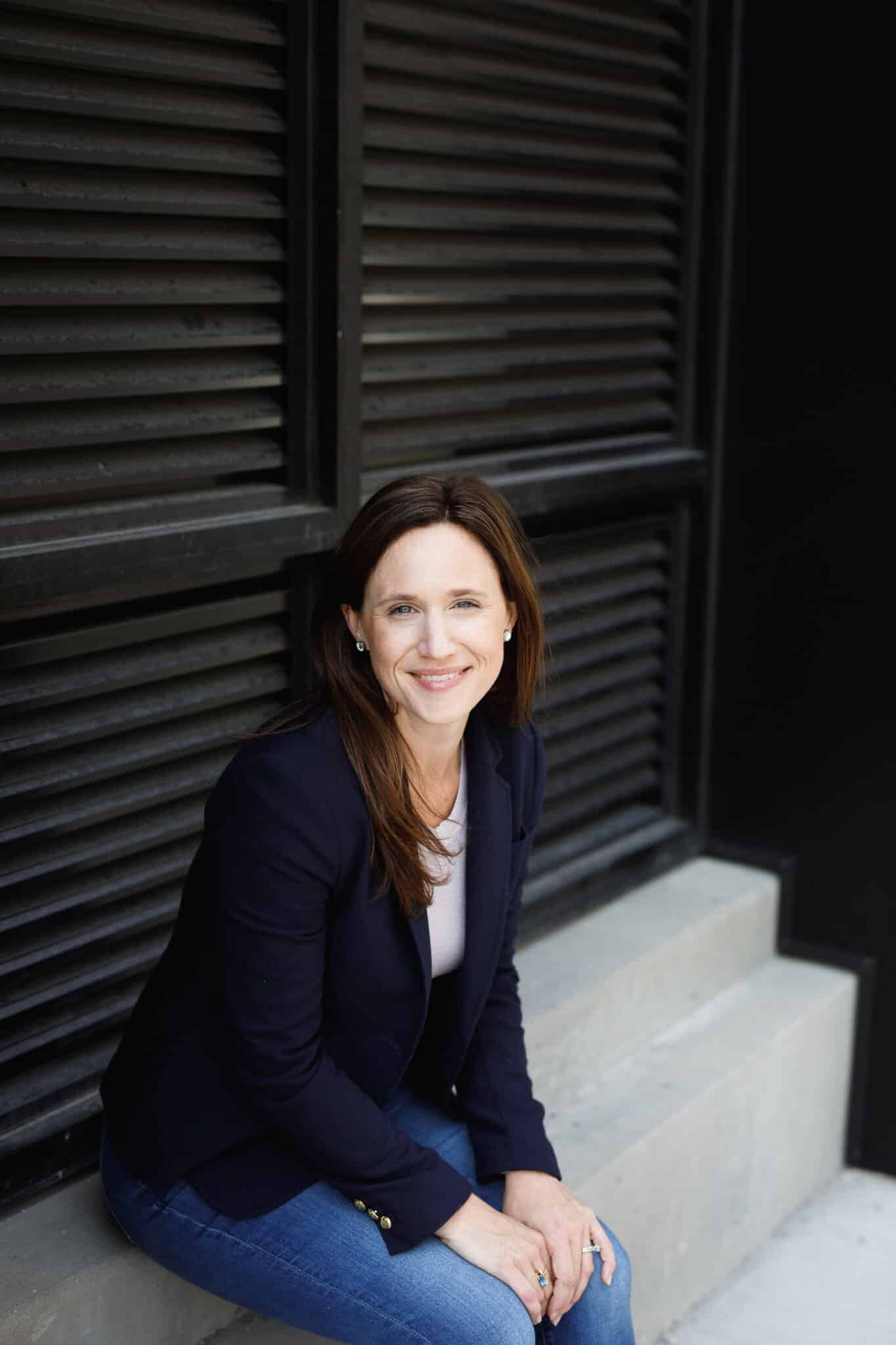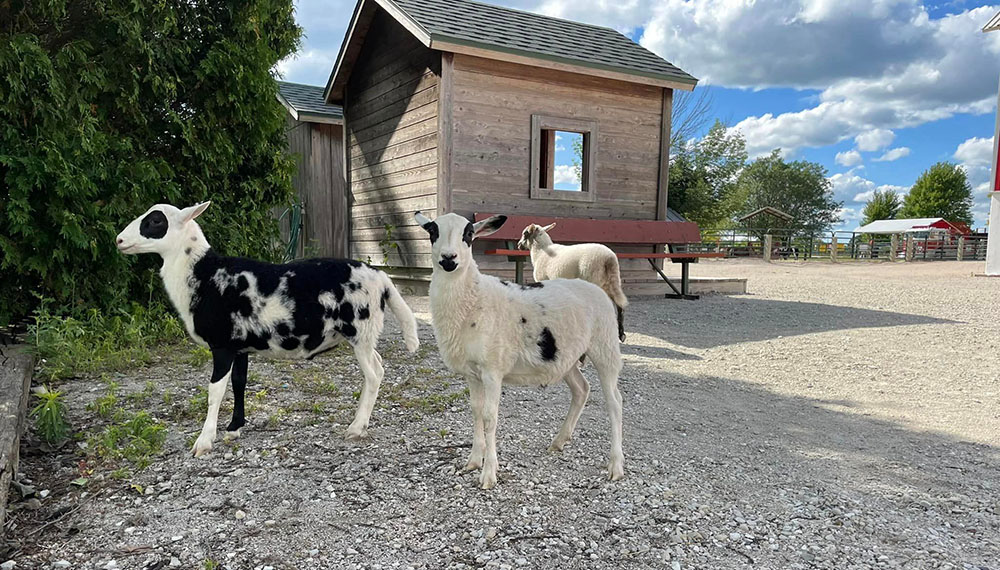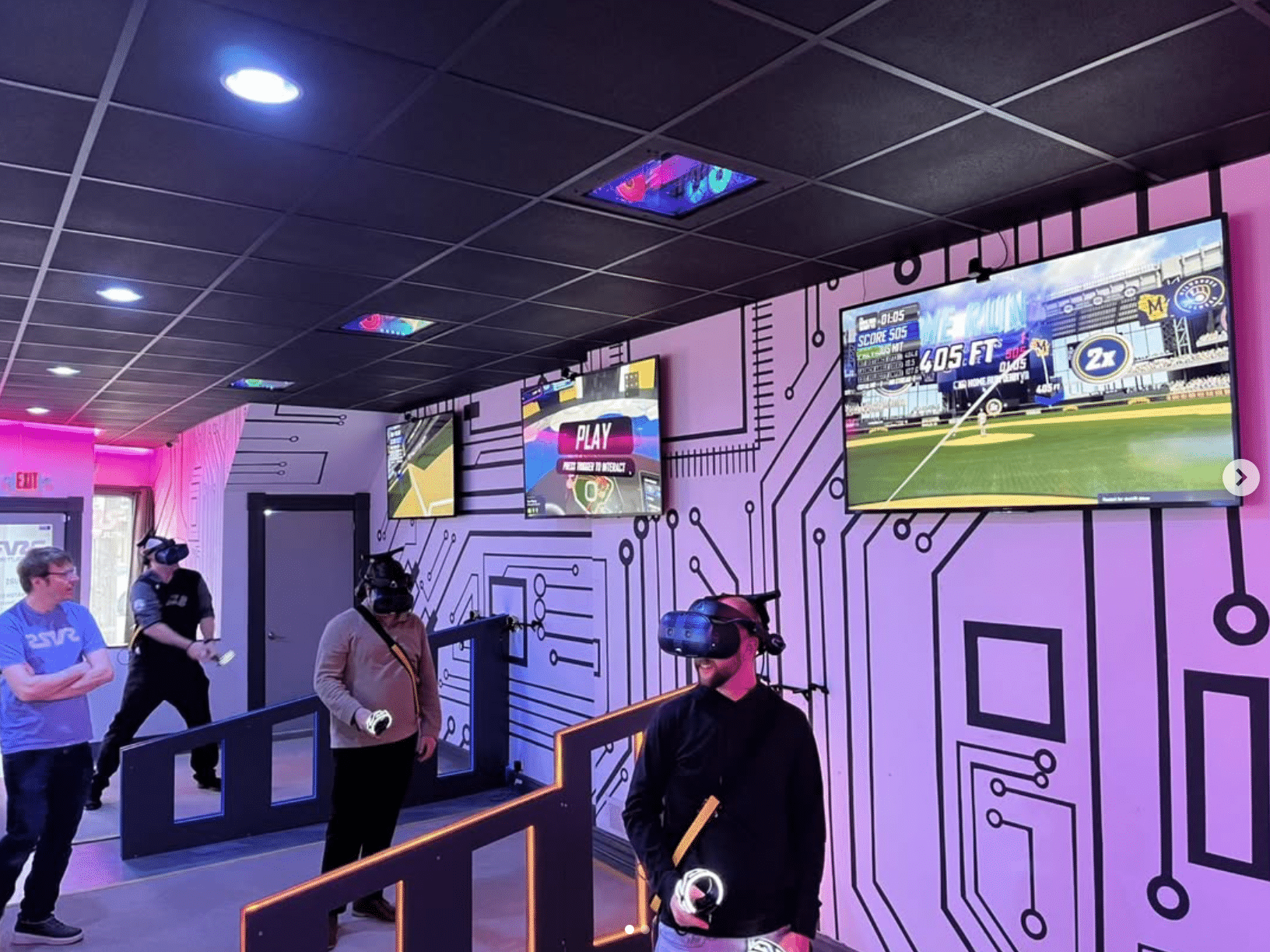
Have you ever been mortified as your child in innocent curiosity loudly asks why the man next to you only has one eye, is in a wheelchair, or looks the way he does?
If not, you’re lucky! Kids are experiencing the world and are naturally going to ask questions about what they are witnessing.
These moments, however awkward and uncomfortable they may be, are great opportunities to teach.
Megan Rigdon of Sunny Day Counseling offers the following advice:
“…Your instinct as a parent will be to hush your child for fear they are being rude. However, this is harmful to your child’s development. Children are taking in a constant stream of information from the world around them, and they need to learn. Let them ask questions, let them look at the child who has a disability, and educate them at their level of understanding, or allow the guardian of the child who has a disability to educate.”
To help you have a better idea of how to react in this situation or how to pre-emptively prepare your child for this event, the Summit Disability Law Group has reached out to over 100 family and child therapists to seek their input.
Here are some of the pearls of wisdom that they gathered:
Ask the Individual to Help Your Child Understand
“I agree that it is a positive thing to always teach children about human differences and to celebrate them. I also feel that it is Ok to encourage inquiry if it is done at an appropriate time. For example, many people welcome someone saying, “tell me about your wheelchair” or “Are you comfortable telling me what happened to your arm?” Many persons with disabilities feel relief when people ask rather than stare awkwardly. If children are shamed for their questions it can lead them to feel that disabilities are bad or they will get in trouble if they ask questions/show interest.”
-Cynthia Mauzerall, MA, LCPC
Encourage them to Ask Questions
“Talking with kids about putting others first and kindness needs to be something that is ongoing and is important when it comes to people with special needs. I would encourage parents to say things like, ‘Did you see the man in the wheelchair in the grocery store? What did you think about him? Do you have any questions about him?’ Make is safe for them to process and ask questions. If you don’t have all the answers, it’s OK. Talk with a healthcare provider if there are things your kids question that you don’t know how to answer.”
-Aundrea M. Peaslee, MA LCPC LMFT
Be an Example
“I have a neighbor who is wheelchair bound with cerebral palsy. He is easily overlooked by passersby who are not at eye level. I always try really hard to stop and bend down and greet him and talk to him normally, even though he can’t respond like someone who speaks normally. I don’t want him to feel invisible, and I’m hoping my children are watching so they will develop comfort with disabled individuals.”
-Lori Schade
Calie Herbst, Editor-in-Chief of Milwaukee With Kids, has spent over a decade combining her experiences as a parent of three to create a hub for Milwaukee’s family adventures.
Her decade-long teaching career in Milwaukee Public Schools and academic background, including a Master’s in Teaching from Marquette University and dual B.A.s in Sociology and Spanish from the University of Wisconsin – Madison, fuel her passion for inclusive and engaging family content.
Calie is also a recognized voice in local media, contributing to WISN Channel 12 News, WTMJ Wisconsin Morning News, Fox 6’s Real Milwaukee, and B93.3.
Discover more about Calie’s journey and editorial approach on her About Page and Editorial Policy Page.
